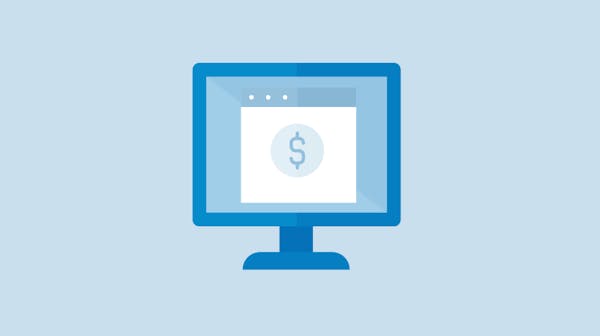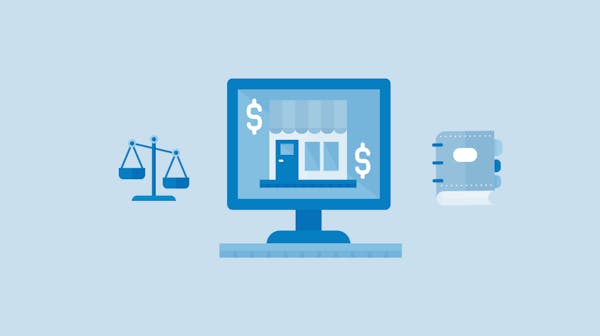Advances in digital technology are constantly changing the way we do business. One of the new trends is the integration of cryptocurrency payments into business operations, which opens up new possibilities in the world of invoicing. In our article, we'll take a look at the benefits and challenges this new form of payment brings with it, and how businesses can use this technology to optimize their invoicing process. Explore how cryptocurrencies can impact the future of invoicing!"
How to Integrate Cryptocurrency Payments into Your Invoicing Process
Streamlining Your Invoices with Cryptocurrency Payments Involves Detailed Records, Local Currency Conversion, and Automatic Technology Updates. However, to ensure legal compliance and ease of use, one must mind nuances, such as timestamping transactions and adding wallet addresses.
- Understanding Cryptocurrency Payments
Cryptocurrencies are not just a digital investment vehicle; they're increasingly being used as a legitimate form of payment. This transition presents a slew of advantages for businesses, such as reduced transaction fees, swift cross-border payments, and access to a broader, tech-savvy customer base.
- Legal Aspects of Cryptocurrency Invoicing
For a business embracing this paradigm shift, it's critical to understand that digital currency invoicing is not exempt from legal scrutiny. These documents must satisfy standard legal requisites for financial records, ensuring clarity in every transaction to preempt any potential scrutiny from tax authorities.
- Drafting a Cryptocurrency Invoice
The structure of a crypto transaction invoice mirrors that of a traditional one, yet with several additional features:
- Specify the currency (e.g., BTC, ETH) and its quantity.
- Convert this amount to the current fair market value in the applicable local currency.
- Provide transaction details, including the date, a unique invoice number, and a full description of the service or product provided.
Leveraging Technology for Multi-Currency Invoicing
As businesses deal in a variety of digital currencies, invoicing can become a complex task. To counter this, integrating a payment processor that supports multiple cryptocurrencies is imperative.
- Cryptocurrency Invoice Verification and Tracking
For the integrity of financial records, each blockchain payment invoice must be easily verifiable and traceable. Software solutions that generate invoices with all necessary information and offer functionalities like automatic record-keeping can be invaluable.
Example: A robust invoicing platform can track the payment status of each invoice, keeping a ledger that is both user-friendly and comprehensive.
- Enhancing Client Experience through Cryptocurrency Invoices
Finally, the client's ease of payment should be a cornerstone of cryptocurrency invoicing. Crafting invoices that are straightforward and conducive to a hassle-free experience is essential.
Tip: Adding QR codes directly on invoices can streamline the payment process, allowing clients to make payments efficiently by scanning the code with their cryptocurrency wallet app.
For a seamless invoicing experience, consider a tool like InvoiceOnline that enables you to create invoices online rapidly, directly in your browser.




